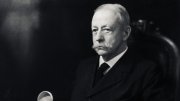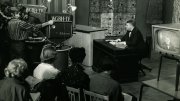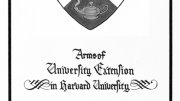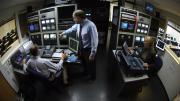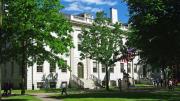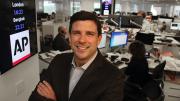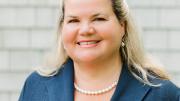When John Lowell Jr. endowed a series of public lectures in his will in 1835, he stipulated that the Boston-based courses would cost no more than “the value of two bushels of wheat.” This provision is no longer strictly observed by the Harvard Extension School, but its official shield features two baskets filled with golden stalks.
In “The Gates Unbarred”:A History of University Extension at Harvard, 1910-2009, Michael Shinagel, dean of continuing education and University extension, emphasizes his school’s long-standing focus on accessibility—even changing his original title, Harvard After Dark, to better underscore this theme. He settled instead on “The Gates Unbarred,” a phrase borrowed from “Villanelle for an Anniversary,” a poem written by Nobel laureate and then Boylston professor of rhetoric Seamus Heaney for Harvard’s sesquitricentennial in 1986, because of the way it aptly captures the school’s tradition of open instruction.
Publication of the 247-page volume coincides with the centennial celebration of the Extension School, taking place during the 2009-10 academic year. Beginning with a short biography of John Lowell Jr. himself, “The Gates Unbarred” traces the evolution of the institution, highlighting key figures and detailing the implementation of new programs and degrees. Shinagel illuminates some particularly interesting chapters in the school’s history, including the development of television courses for navy submarine crews in the 1960s. He also reflects on unsuccessful ventures, mainly the Indian Computer Academy in Bangalore (Harvard withdrew from the project within two years due to financial management problems). More recently, the Extension School has done pioneering work in improving and expanding distance education, and Shinagel outlines the technological innovations that have attracted remote learners seeking online course offerings. His final chapters intersperse history with vignettes about notable Extension alumni.
As a whole, the volume serves as a valuable source of information about an institution dedicated to accessible education and lifelong learning—as its nearly 14,000 students, more than 600 courses, and 605 degrees conferred last Commencement day amply demonstrate.
